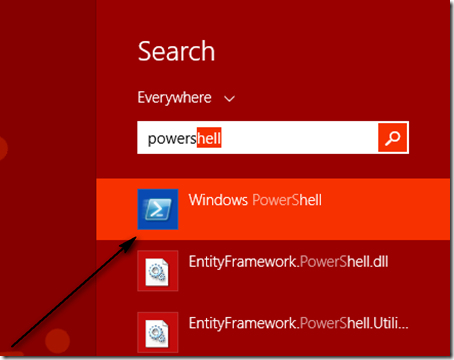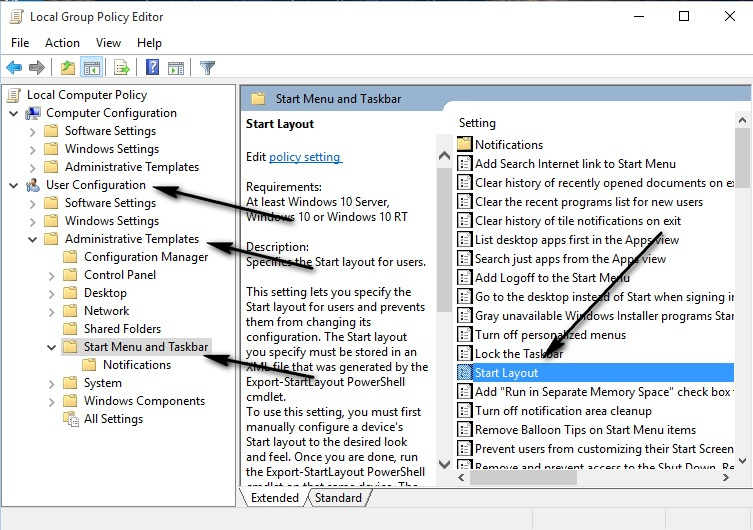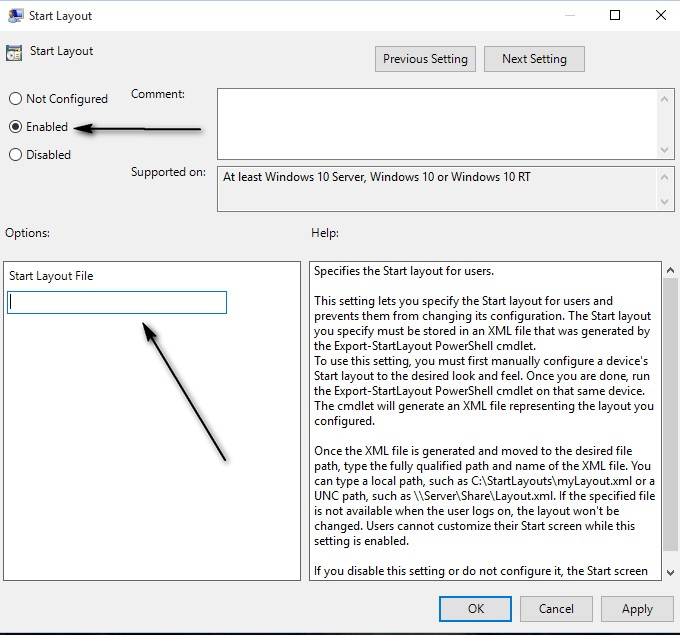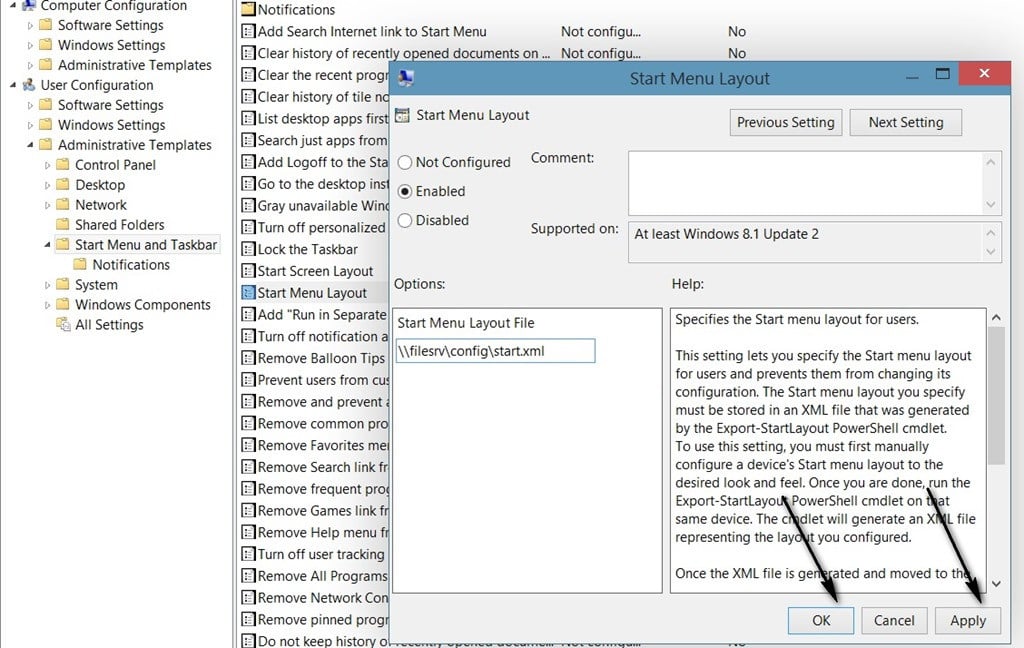Using Group Policy, domain administrators can create a special Start Menu layout that is applied to all the computers of all the users on the domain and provides the administrator with the ability to control what applications are pinned onto the Start Menu, the arrangement of the Menu tiles and the size of the Menu tiles. This option is exclusively available on the Education and Enterprise versions of Windows 10 and, once enabled, takes away the domain’s other users’ ability to tinker around with and edit the Start Menu and the apps and tiles on it in any way. The following is everything you need to do to create a customized Start Menu layout for your entire domain using Group Policy: Customize the Start Menu on your computer and give it the layout that you want applied to all of the computers on your network. This includes pinning and unpinning applications from the Start Menu, rearranging tiles, resizing tiles and creating app groups. Next, export the Start Menu layout that you have created to an .xml file so that you can move it a storage space that is shared by all of the computers on your network. To do so, first open the Start Menu, type in powershell and open the program named Windows PowerShell.
In the Command Prompt, type in the command export-startlayout –path
When the Start Layout policy settings show up, click on Enabled to apply the Start Menu layout through Group Policy and then paste the path (which should be accessible to all users on the network) where the .xml file for your Start Menu layout is stored under Start Layout File.
Click on Apply and then click on OK, and the Start Menu layout you have created will be applied to all users on the network.
If you wish to update the Start Menu layout you have created at any time, simply create a new layout and replace the old .xml file with a newer, updated .xml file using the export-startlayout command in Windows PowerShell. Once you do so, Group Policy will import and apply the updated Start Menu layout the next time any of the users of the domain log on.
Fix: An Active Directory Domain Controller for the Domain Could Not be ContactedDisabling the Start Menu on Windows 10 using Group Policy EditorFIX: “Pin to Start Menu” and “Unpin from Start Menu” Options Missing in Windows…How to Open Local Group Policy Editor on Windows 10



